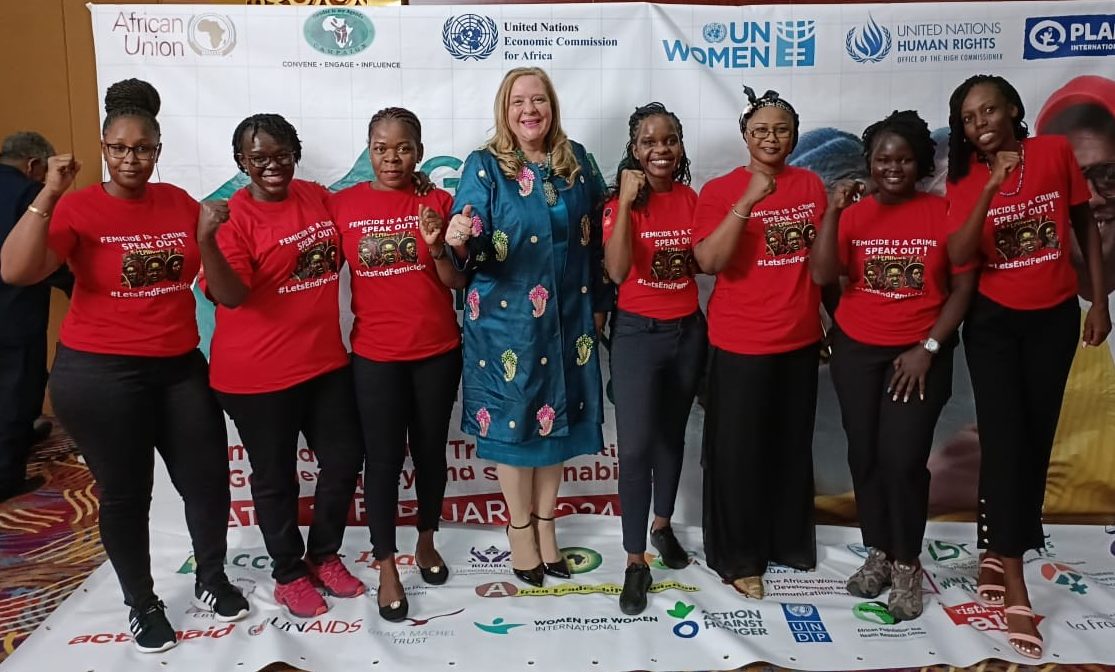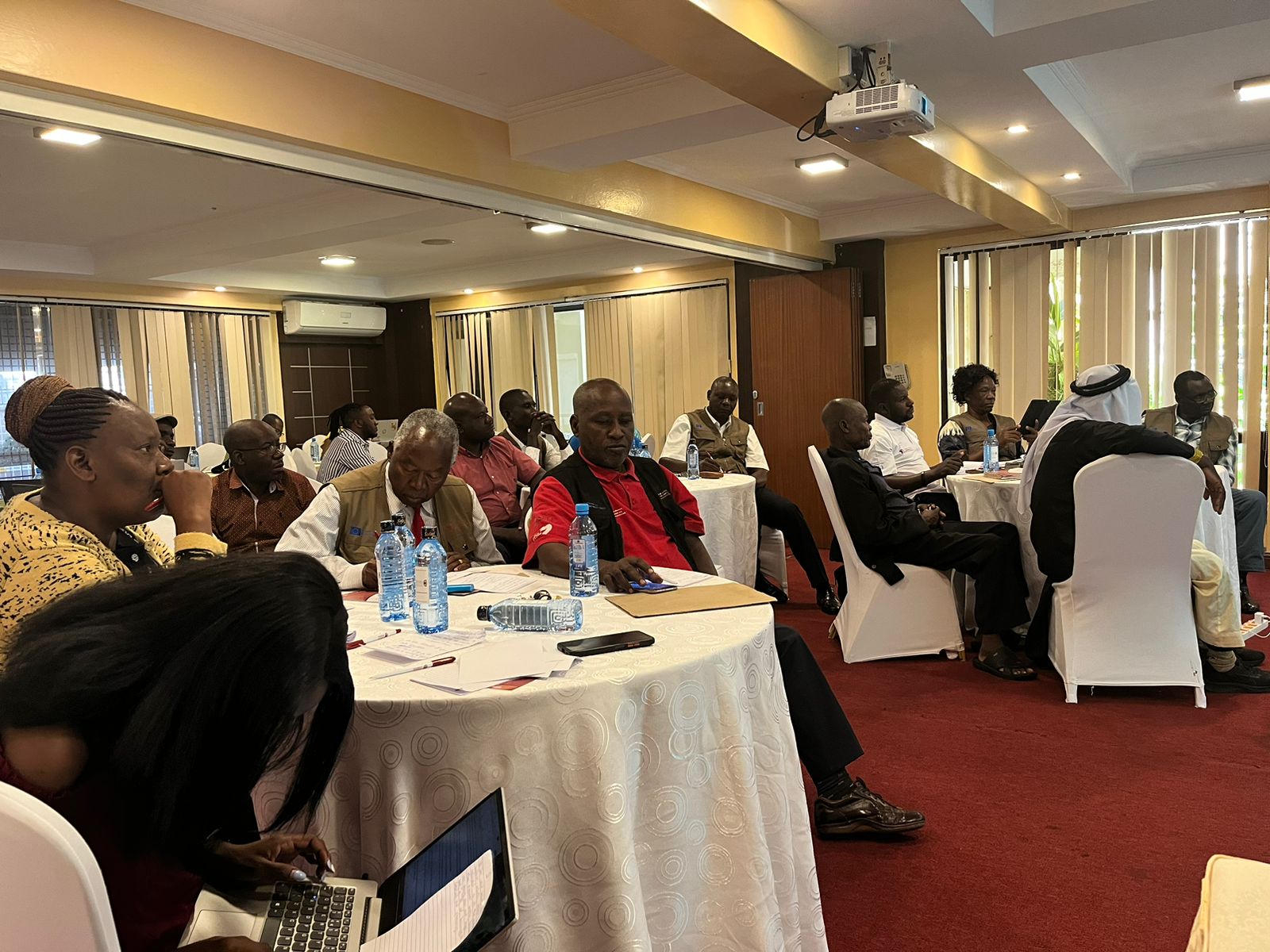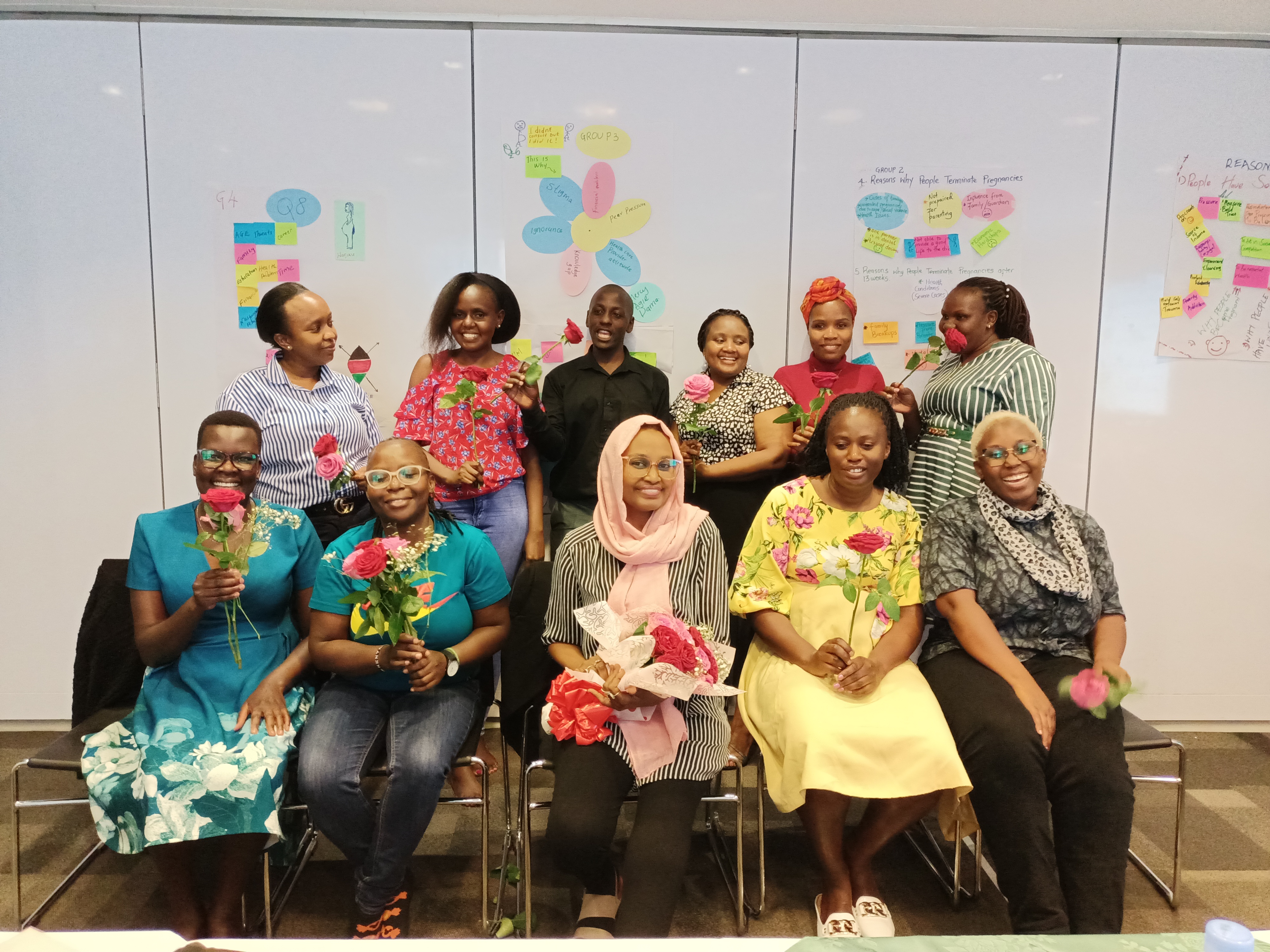
Safe & Legal Abortion is a Human Right…FULL STOP!
Safe and legal abortion is allowed in progressive legislation in Benin, Cape Verde, Mozambique, South Africa, and Tunisia. However, in many African countries access to safe abortion remains restrictive, despite 44 out of 55 African Union member states having signed arguably one of the most comprehensive and progressive women’s human rights instruments: the Protocol to the African Charter on Human and People’s Rights on the Rights of Women in Africa (the Maputo Protocol). Article 14 of the Maputo Protocol requires Member States to “ensure that the right to health of women, including sexual and reproductive health is respected and promoted”, including taking all appropriate measures to “protect the reproductive rights of women by authorising medical abortion in cases of sexual assault, rape, incest, and where the continued pregnancy endangers the mental and physical health of the mother or the life of the mother or the foetus.”
However, due to rigid cultural and religious-based resistance to abortion, and the growing anti-rights movements, the lives of women, girls and non-binary persons continue to be endangered. Using data and evidence from around the world, the Centre for Reproductive Rights notes that “restrictive laws do not eliminate the need for abortion care; instead, they drive people to seek unsafe abortions. It is essential to reform restrictive abortion laws to ensure that everyone can access safe and legal abortion services and make decisions that affect their own lives and futures, free from criminalization”.
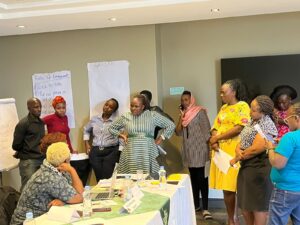
FEMNET, in partnership with HIVOS hosted a Values Clarification, Attitude and Transformational (VCAT) training on unpacking diversity and rights-holder-friendly-holder friendly service provision for healthcare providers from different counties in Kenya. The health care providers discussed an amalgam of issues on Sexual Reproductive Health and Rights (SRHR), including the right for safe and legal abortion. The Constitution of Kenya (2010) protects abortion as a fundamental right guaranteed when a person’s life or health, including mental health, is at risk, and in cases of sexual assault.
Paradoxically, despite the constitutional provisions, the Penal Code continues to criminalize abortion. This has resulted in women, girls, and non-binary persons not accessing safe abortion services, They and health care providers continue to face harassment, arrest, and prosecution when attempting to access or provide abortion care.
Speaking during the training held in Nairobi, Brenda, a health worker from Kisumu County in Kenya, said, “Abortion should be legalized to avoid the back and forth of people going to perform unsafe abortions from quacks. If abortion is legalized, communities can choose whether they want to have pregnancies to term or not.”
Millicent from Nairobi County concurred and added, “Safe abortion options should be availed to all patients regardless of their background.” Millicent believes every woman has the right to procure an abortion if they are properly advised and needs the service. She, however, cautioned that abortion services, including abortion care should be done by a professional and not backstreet quacks .”
A healthcare provider who chose to be anonymous emphasised that, “If women are denied safe abortion, then complications from unsafe abortion are life threatening.”
The healthcare provider also stated that many young people die while procuring unsafe abortions because they do this from quacks who have masqueraded themselves as health workers. In her submission, she noted, “Abortion can result in death, but it can also fail to work if proper medication is not given at the right time.”
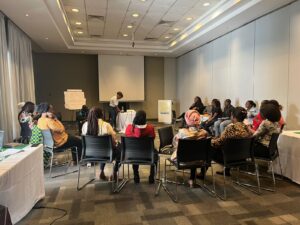
Studies show that approximately 2,600 women in Kenya die from unsafe abortions annually. This is an average of seven deaths a day. The study also revealed that 21,000 more women are hospitalized annually due to unsafe abortion related complications.
Damaris from Kisii County said, “For women to fully understand abortion, they need to listen to all clients who seek pregnancy termination services.” She also warned that unless health workers put themselves in the patient’s shoes, they may be blinded by their deeply-rooted cultural and religious biases, norms, and attitudes on abortion and society’s normalized control over women’s bodies.
On this International Safe Abortion Day, we call on African Governments to URGENTLY prioritize and uphold the right to safe and legal abortion in community and national public health policies and systems. Safe, legal and comprehensive abortion is a fundamental human right for all!
This article was co-written by Susan Nyabena, Lisa Taiyana and Imali Ngusale – and edited by Rachel Kagoiya. The photo is courtesy of Susan Sindano. For more information about the Values Clarification, Attitude and Transformational (VCAT) training on SRHR, contact Susan Nyabena via s.nyabena@femnet.or.ke.
Related Tags
Related Posts
From Addis to Action: GIMAC Ignites a Feminist Future
Across the vibrant buzz of education sweeping across the African Union space in Addis, a revolution stirs –
Learn MoreMale Allies Call for the Dismantling of Patriarchal Norms & Practices
In Africa, patriarchal attitudes and behaviours continue to be normalized and reinforced in different social and cultural spheres.
Learn More
